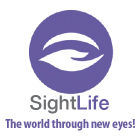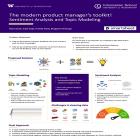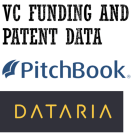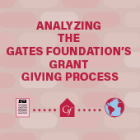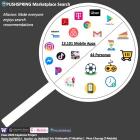
PUSHSPRING Marketplace Search
Our marketplace search recommender system is a web app that users can use to explore the apps related to a persona or a given mobile app based on PushSpring's local user data rather than average result such as the ones Google gives. Our system was implemented with both CNN and NLP to maximize diversity and relevancy in recommendations. Combining benefits from both content-based and user-based recommendation models, our model produces valuable insights that can't be found elsewhere.

